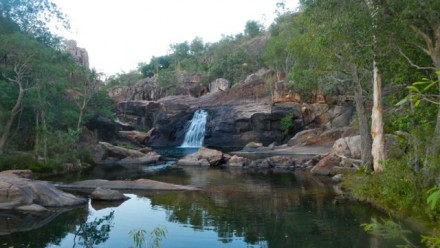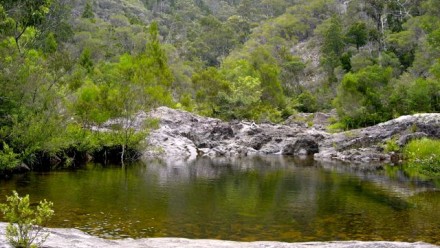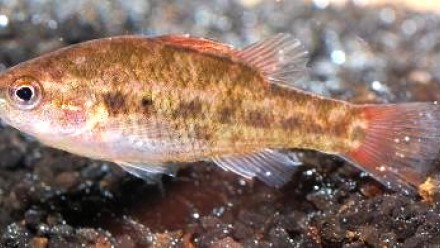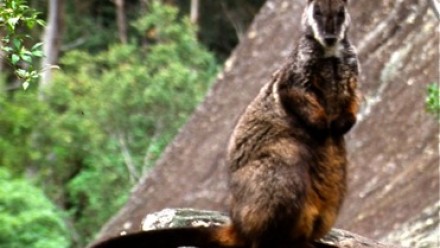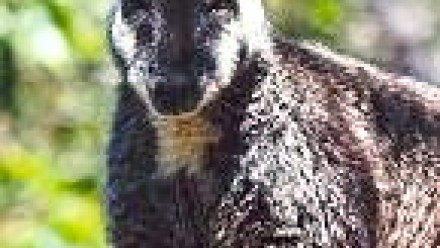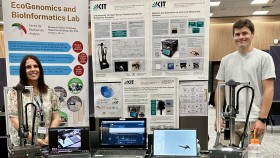eDNA metabarcoding for freshwater biodiversity assessment
Maxine Piggott
Biodiversity in freshwater ecosystems is under threat, difficult to monitor and underrepresented in biodiversity monitoring and conservation planning.
Dr Maxine Piggott is an ARC DECRA Postdoctoral Fellow at ANU who uses non-invasive genetic techniques to answer questions in animal behavior, population biology, conservation and population management.
Currently Maxine is developing new methods for detecting organisms in water samples without direct observation using environmental DNA (eDNA).
To analyse freswater fish assemblages, she is using a metabarcoding approach, which allows high throughput DNA-based identification of multiple species.
As Maxine explains, two developments in genetics hold the potential to revolutionise biodiversity monitoring and assessment, particularly in freshwater ecosystems:
- the ubiquitous nature of eDNA, as all organisms shed genetic material into their environment through feces, urine and mucus; and
- the increased capabilities of next-generation sequencing technology (NGS).
In her current work, Maxine will use NGS to generate large numbers of sequences from eDNA samples that will be then matched to species-specific metabarcodes. This metabarcoding approach will be used to assess native and exotic fish assemblages in a range of freshwater ecosystems in the ACT and NSW.
Maxine’s previous research involved developing and applying new methods for DNA isolation and individual identification from a remote DNA source (faeces and hairs) for a range of threatened and endangered Australian native mammals and an introduced exotic predator, the red fox (Vulpes vulpes).
Maxine integrated these techniques with mark-recapture approaches to monitor brush-tailed rock-wallaby colonies (Petrogale penicillata) in Wollemi National Park. Her PhD research investigated population size, population structure and dispersal patterns in this threatened marsupial.





